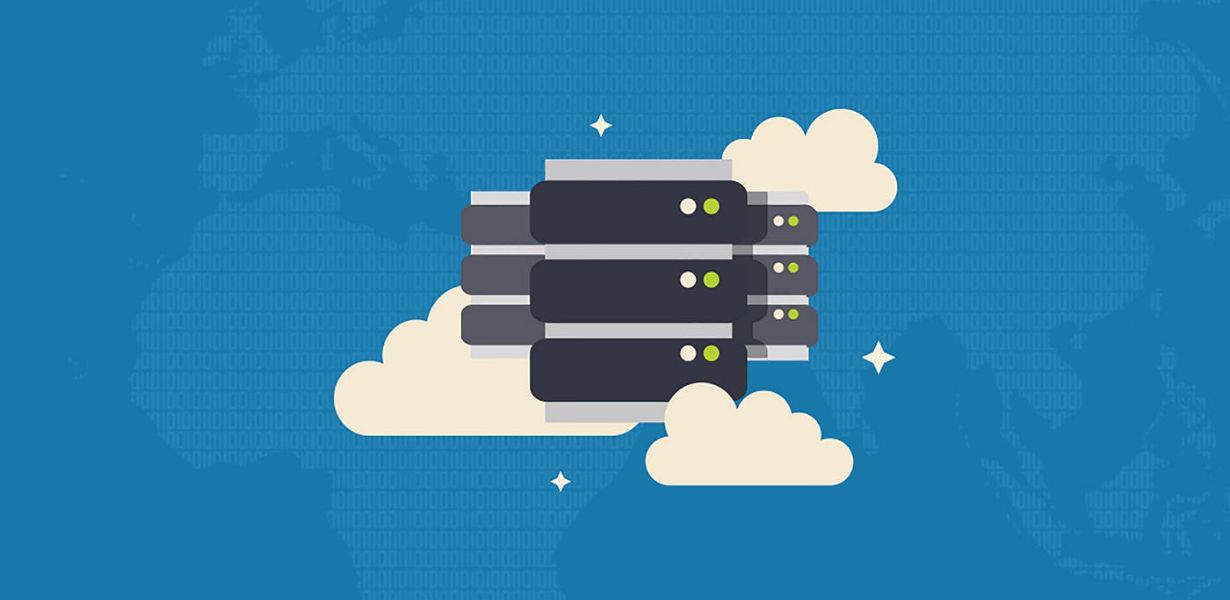
In today’s digital landscape, web hosting plays a crucial role in ensuring your online presence is both reliable and efficient. For those seeking complete control and customization, self-managed Virtual Private Servers (VPS) are a game-changer. This long-form blog delves into the world of DIY hosting, focusing on “Self-Managed VPS,” the key to achieving unparalleled control over your hosting environment. Dive into this comprehensive guide that explores the ins and outs of self-managed VPS hosting, without the fluff.
Understanding Self-Managed VPS Hosting
Self-Managed VPS hosting empowers you to take the reins of your server. With full root access, you have the authority to configure and manage your server as per your unique requirements. Unlike shared hosting, self-managed VPS offers dedicated resources, ensuring optimal performance for your website or application.
Benefits of Self-Managed VPS
Enhanced Performance: Self-managed VPS guarantees high performance and speed, thanks to dedicated resources.
Total Control: You can install custom software, set security parameters, and manage server resources to your liking.
Cost Efficiency: It’s a cost-effective option, as you only pay for what you need.
Setting Up Self-Managed VPS
Getting started with self-managed VPS is simpler than you might think. Most hosting providers offer easy-to-follow setup guides and customer support to assist you. You can choose between various operating systems, such as Linux or Windows, and customize your server environment.
Security Measures
Maintaining the security of your self-managed VPS is paramount. Implement robust security practices like regular updates, firewall configuration, and intrusion detection systems. Regular backups and a strong password policy are essential for data protection.
Optimizing for Performance
To ensure your self-managed VPS runs at its best, consider techniques like optimizing server resources, caching, and content delivery networks (CDNs). Regular performance monitoring helps identify and rectify bottlenecks.
Scaling Resources
As your website or application grows, scaling resources becomes a necessity. Self-managed VPS allows for seamless scalability, ensuring your hosting environment grows with your needs.
Backup and Disaster Recovery
Data loss can be catastrophic. Implementing a robust backup and disaster recovery strategy is non-negotiable. Create automated backups and store them securely to safeguard your valuable data.
Choosing the Right Hosting Provider
Selecting a reliable hosting provider is crucial. Look for providers with a track record of exceptional service, 24/7 customer support, and a variety of VPS hosting plans to suit your needs.
Best Practices for DIY Hosting
Ensure your self-managed VPS journey is smooth and successful by adhering to best practices. Regularly update your software, monitor server performance, and stay informed about the latest security threats and solutions.
Final Words
In the realm of web hosting, self-managed VPS is a powerful solution that offers you the ultimate control and flexibility. With this hosting option, you can shape your hosting environment to your exact requirements, all while enjoying exceptional performance and security. Remember, the key to mastering self-managed VPS is understanding the technology, implementing best practices, and choosing the right hosting provider.
Commonly Asked Questions
Q1: What’s the difference between self-managed VPS and shared hosting?
A1: Shared hosting involves multiple websites sharing the same server and resources, while self-managed VPS provides dedicated resources and full control over your server.
Q2: Is self-managed VPS suitable for beginners?
A2: While it offers great control, self-managed VPS is better suited for users with some technical expertise. Managed hosting may be a better choice for beginners.
Q3: How do I secure my self-managed VPS?
A3: Implement strong security measures like regular updates, firewalls, and intrusion detection systems. Additionally, maintain strong password policies and perform regular backups.
Q4: Can I upgrade or downgrade my self-managed VPS plan?
A4: Yes, most hosting providers offer flexible scaling options, allowing you to upgrade or downgrade your plan as needed.
Q5: What kind of customer support should I expect with self-managed VPS hosting?
A5: Look for a hosting provider with 24/7 customer support that can assist with server-related issues and offer guidance when needed.
Advertisement








